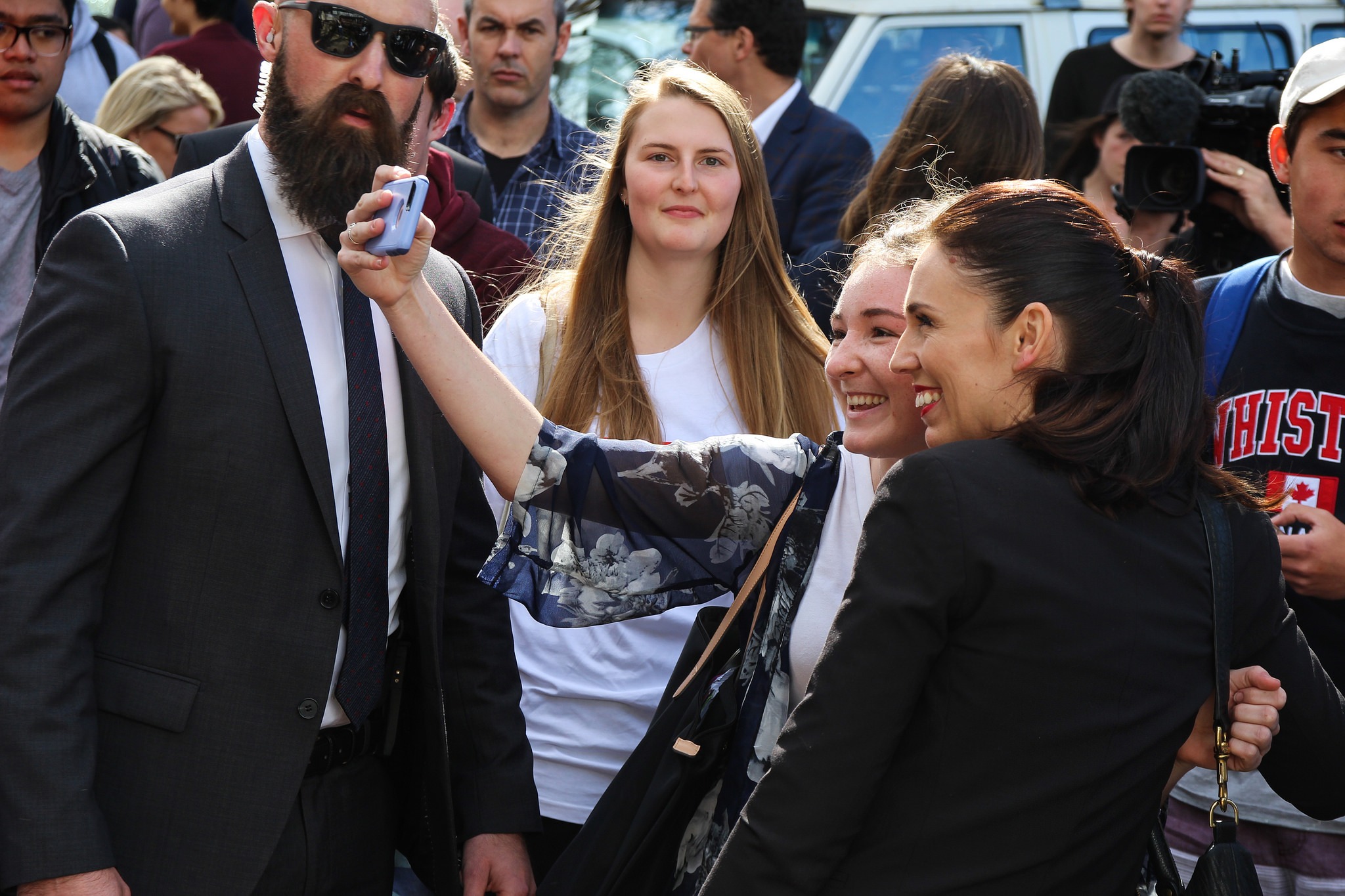
New Zealand’s main opposition Labour party led by 37-year-old Jacinda Ardern is neck-and-neck in polls with the ruling National party led by Prime Minister Bill English, threatening the centre-right government’s decade-long grip on power. Polls show that both parties will need the support of smaller partners to form a governing coalition.
Labour’s projected share of the vote has jumped by around 20 points since Ms Ardern took over as the Labour leader in August, riding a wave of popularity that has been dubbed Jacindamania. She is polling particularly well among women and the young. If she leads the centre-left party to victory in the September 23 election, the feat will echo the generational shift similar to that in Canada and France.
Labour’s potential coalition partner, the Green party, is polling above the 5 per cent threshold needed to enter parliament. To form a government, a party or coalition needs at least 61 out of 120 seats.
The populist New Zealand First party, which wants to curb the migrant flow to 10,000 a year from the current level of 72,000 and stop non-resident foreigners buying properties in New Zealand, could be a kingmaker after the election. Labour is aiming to cut net migration by up to 30,000 per year.
Socially conservative Mr English became Prime Minister late last year after John Key unexpectedly stepped down, citing family reasons. Under Mr Key, the Nationals had a wide lead over Labour.
Mr English is campaigning on his party’s record of stable government.
The centre-right administration has overseen eight straight years of economic expansion. Gross domestic product rose a little over 3 per cent in 2016, among the fastest-growing nations in the developed world. The economy is forecast to grow at a healthy pace of 3.1 per cent this year. Unemployment is under 5 per cent, while the workforce participation rate is one of the highest in the world. The budget is in a surplus and the national debt stands at just 25 per cent of GDP.
The government, however, has been criticised for failing to response to house price surges amid record immigration, record low interest rates and supply shortages (the housing shortage has reached 60,000). Rising house prices have forced people to take on huge amounts of debt and locked many first-time buyers out of the market.
Ms Ardern has made affordable housing a key issue of her campaign. She wants to curb house purchases by foreigners to cool the housing market.
Photo: Ulysse Bellier